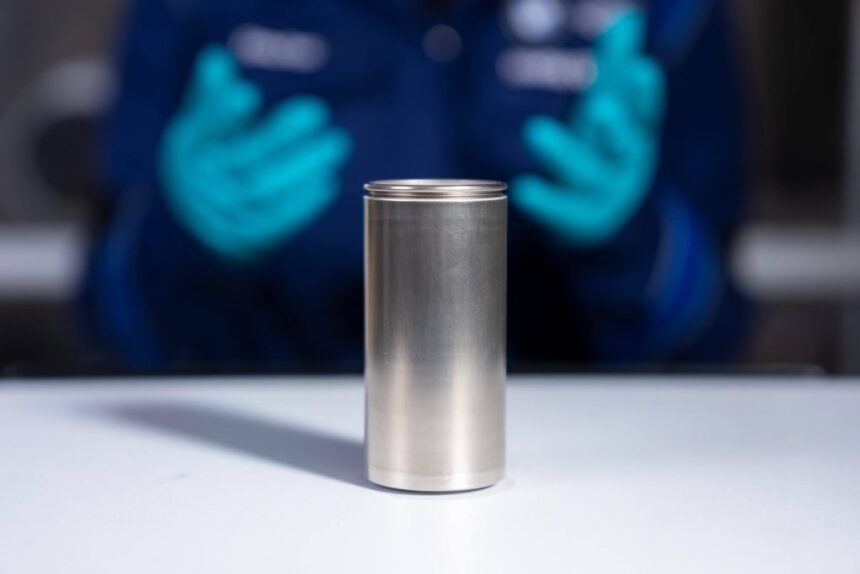Uncovering the Hidden Factor Behind Lithium-Ion Battery Degradation
An international team of scientists has made a groundbreaking discovery that sheds light on the accelerated degradation of lithium-ion batteries, leading to a gradual loss of charge. This finding not only enhances our understanding of battery life but also presents innovative strategies to combat self-discharge, potentially revolutionizing the performance of devices ranging from smartphones to electric vehicles.
Artūras Vailionis, a key figure in the X-ray and Surface Analysis group at Stanford University and a visiting professor at the Lithuanian Kaunas University of Technology (KTU), challenges the long-held belief that lithium diffusion is solely responsible for self-discharge in batteries. Instead, the team’s research indicates that it is the diffusion of protons (hydrogen ions) that triggers this phenomenon, offering new avenues for extending battery life by reducing self-discharge.
By introducing additives to the electrolyte devoid of hydrogen molecules, such as CH2, or applying special coatings to minimize the cathode’s reaction with the electrolyte, it is possible to mitigate self-discharge and enhance battery longevity.
Enhancing Sustainability and Cost-Effectiveness
According to Prof. Vailionis, self-discharge not only diminishes a battery’s calendar and cyclic life but also leads to voltage and capacity deterioration over time. This not only has environmental implications but also impacts the economy, underscoring the importance of addressing this issue.
The revelation of a novel mechanism governing battery self-discharge holds the promise of greener, more cost-effective, and reliable technologies. Prolonging the lifespan of lithium-ion batteries translates to less frequent battery or device replacements for consumers, reducing electronic waste and curbing resource depletion of finite materials like lithium, cobalt, and nickel.
Devices equipped with long-lasting batteries, such as smartphones, laptops, and industrial applications like electric vehicles and grid energy storage systems, stand to benefit from enhanced battery longevity. In the realm of renewable energy, longer battery life bolsters energy storage efficiency, stabilizes energy supply from sources like solar and wind power, and diminishes reliance on fossil fuels.
Moreover, in critical sectors like medical devices, aerospace, and defense systems, extended battery life mitigates the risk of failure in crucial scenarios.
Overall, prolonged battery life not only fosters sustainability but also drives economic growth and productivity across various industrial domains.







